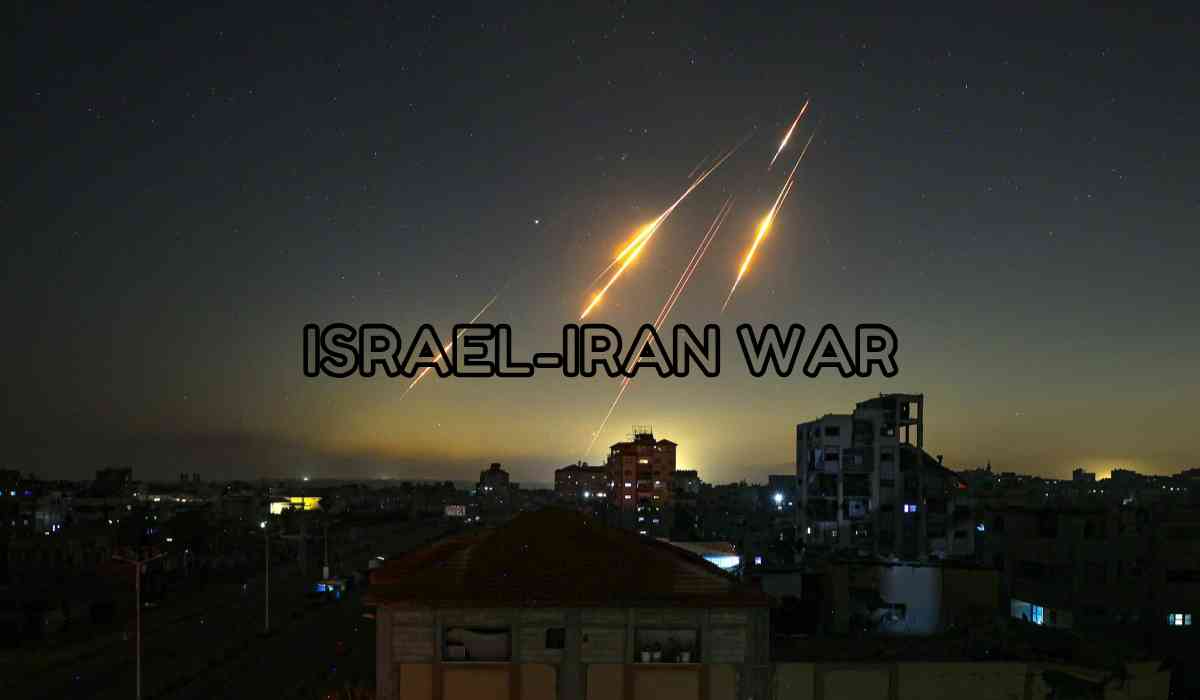As the Middle East burns anew in the wake of Israel’s audacious Operation Rising Lion, global power dynamics are shifting at breakneck speed. Iran reels, Israel doubles down, and the United States—yet again—grapples with the chaos, with Donald Trump looming large in the background. But halfway across the world, India finds itself drawn deeper into this geopolitical inferno, walking a razor-thin line between neutrality, national interest, and global ambition.
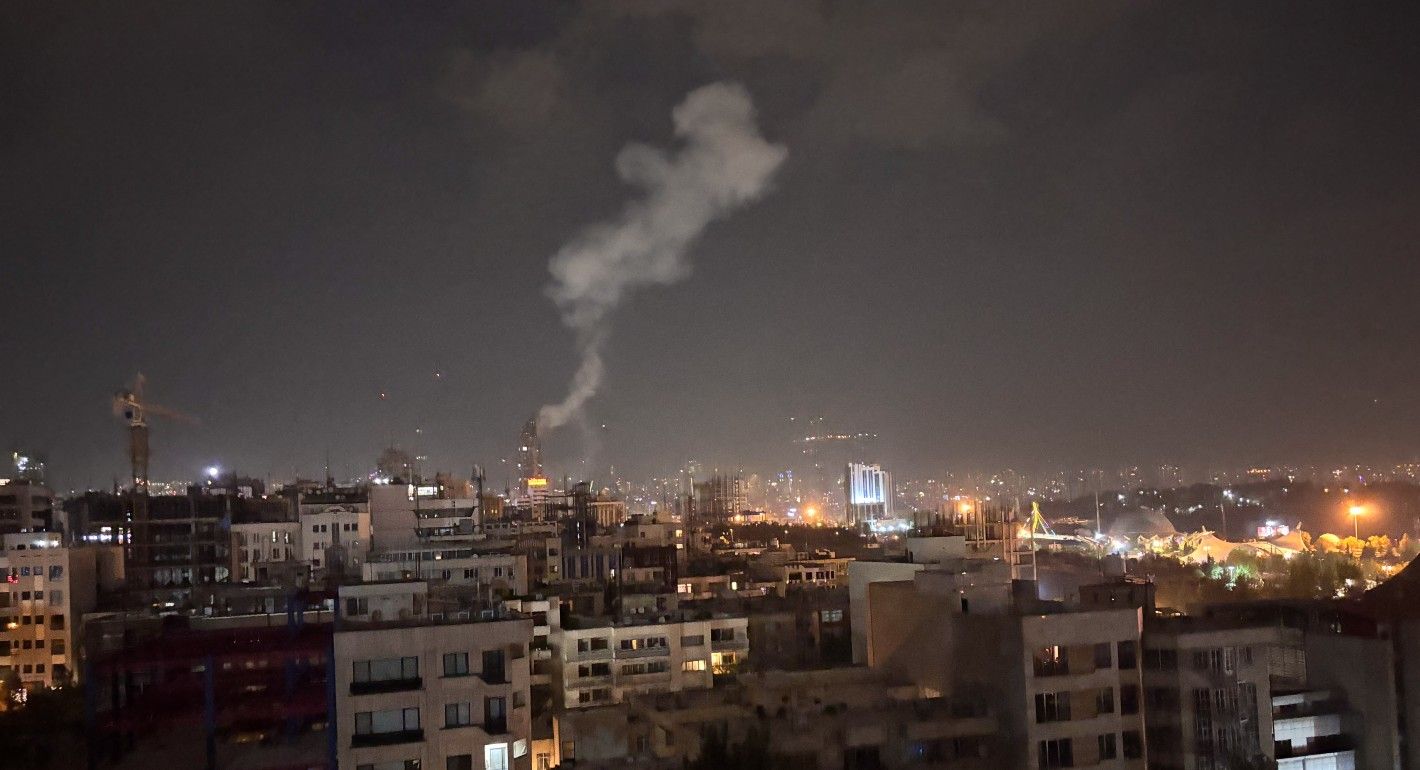
The Strike Heard Around the World: Israel’s Bold Gamble
On 13 June 2025, Israel shattered any remaining hopes of a quiet de-escalation in the Middle East with a single, emphatic blow. Dubbed Operation Rising Lion, the Israeli offensive was both preemptive and surgical, targeting the heart of Iran’s military and nuclear infrastructure. Launched just 48 hours before a tentative US-Iran nuclear deal was expected to emerge from Omani mediation, the strikes signalled Tel Aviv’s unequivocal stance: diplomacy could wait—existential threats could not.
Among the most high-profile casualties was Major General Hossein Salami, the chief of Iran’s Islamic Revolutionary Guard Corps (IRGC). His death marks a seismic loss for the Iranian regime, both symbolically and operationally. Alongside this, Israel struck critical nuclear sites, including the Natanz enrichment facility, reducing parts of it to rubble. Though Fordow—the heavily fortified underground enrichment site—survived, its status now hovers ominously in strategic calculations.
The escalation was swift. Iran retaliated with over 100 Shahed-136 drones, a move that triggered regional alarm bells and mobilised emergency responses in Israel, Saudi Arabia, and Jordan. Airspaces were sealed. Red alerts rang out. And a new chapter in Middle Eastern volatility began.
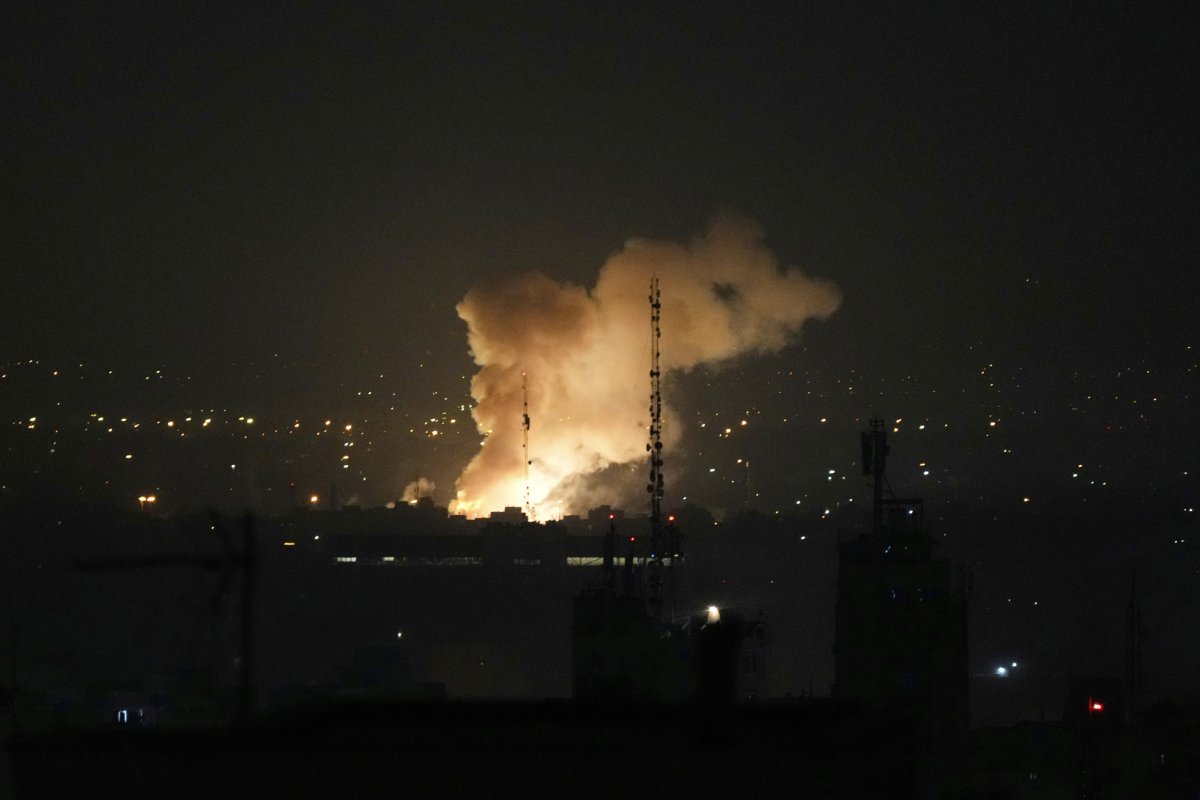
The Inevitable Path to Conflagration
Was this chain of events inevitable? In hindsight, the signs were unmistakable.
Since Hamas’ brutal 7 October 2023 incursion into Israel, Tel Aviv has launched a concerted campaign to dismantle Iran’s proxy web—from Gaza’s Hamas to Lebanon’s Hezbollah and now, Iran itself. Yet despite these efforts, Tehran’s nuclear ambitions have only intensified.
The International Atomic Energy Agency (IAEA) recently confirmed that Iran has accumulated over 408 kg of uranium enriched to 60%, a figure dangerously close to weapons-grade. Experts warn this is sufficient for multiple warheads. For Israel, such a scenario is intolerable—not merely for strategic reasons, but as a matter of national survival.
So when whispers emerged of a US-Iran deal—one unlikely to reverse Iran’s enrichment progress—Israel acted alone. And behind this urgency, as always, lurks the polarising figure of Donald Trump.
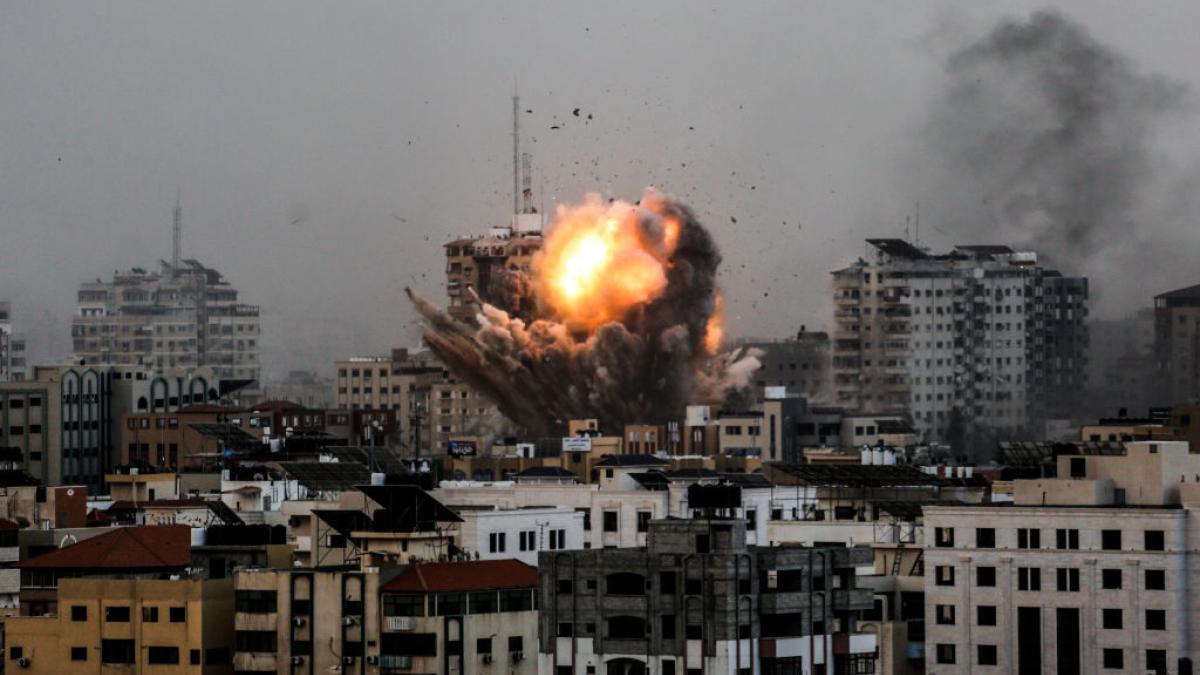
Trump’s Role: The ‘Deal Maker’ Who Fuels the Fire
If chaos had a brand ambassador, it might well be Donald J. Trump.
For all the disruption he causes, Trump remains predictably fixated on one thing: the deal. Not necessarily good deals. Not sustainable ones. But dramatic, headline-grabbing negotiations that he can wave before his rally crowds like trophies. His diplomatic strategy, driven by spectacle rather than substance, has already altered the course of the Middle East—once in 2018, when he unilaterally pulled the US out of the Joint Comprehensive Plan of Action (JCPOA), and now again, as he toys with a renewed pact.
The irony is jarring. When Trump withdrew from the JCPOA, Iran’s uranium enrichment stood at below 20%. Today, with enrichment nearing 60%, he’s entertaining the idea of reopening talks—primarily to stage a legacy win ahead of the November gubernatorial elections.
Trump’s foreign policy has long disregarded expert advice. In 2018, top officials like Rex Tillerson, HR McMaster, and James Mattis opposed leaving the Iran deal. Trump ignored them, and the predictable followed: Iran resumed enrichment, the US lost leverage, and the region inched closer to collapse.
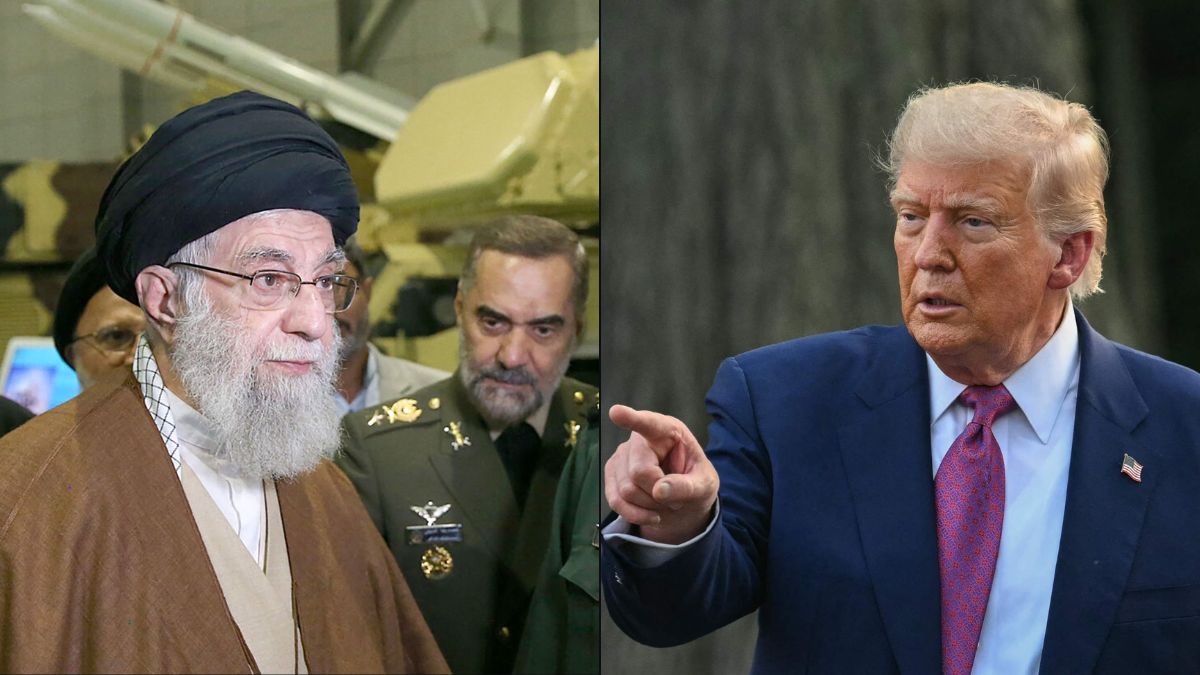
Personal Politics, Global Fallout
Trump’s unilateralism has not only emboldened adversaries but alienated allies. From threatening NATO to placing tariffs on India and mocking European leaders, he has shown time and again that optics matter more than alliances. As the Middle East teeters, Trump’s return to political prominence ensures the region’s instability remains entangled with his ego.
Even now, as Israel retaliates and Iran responds, Trump continues to tweet statesmanlike advice—advice that many world leaders have come to regard with increasing skepticism.
The Pentagon’s withdrawal of diplomatic personnel from Baghdad, Kuwait, and Bahrain reflects this tension. These are not gestures of strength but of trepidation. American generals have even praised Pakistan as a “phenomenal counter-terrorism partner”—a curious move, likely aimed at preparing fallback strategies should a broader regional war erupt.
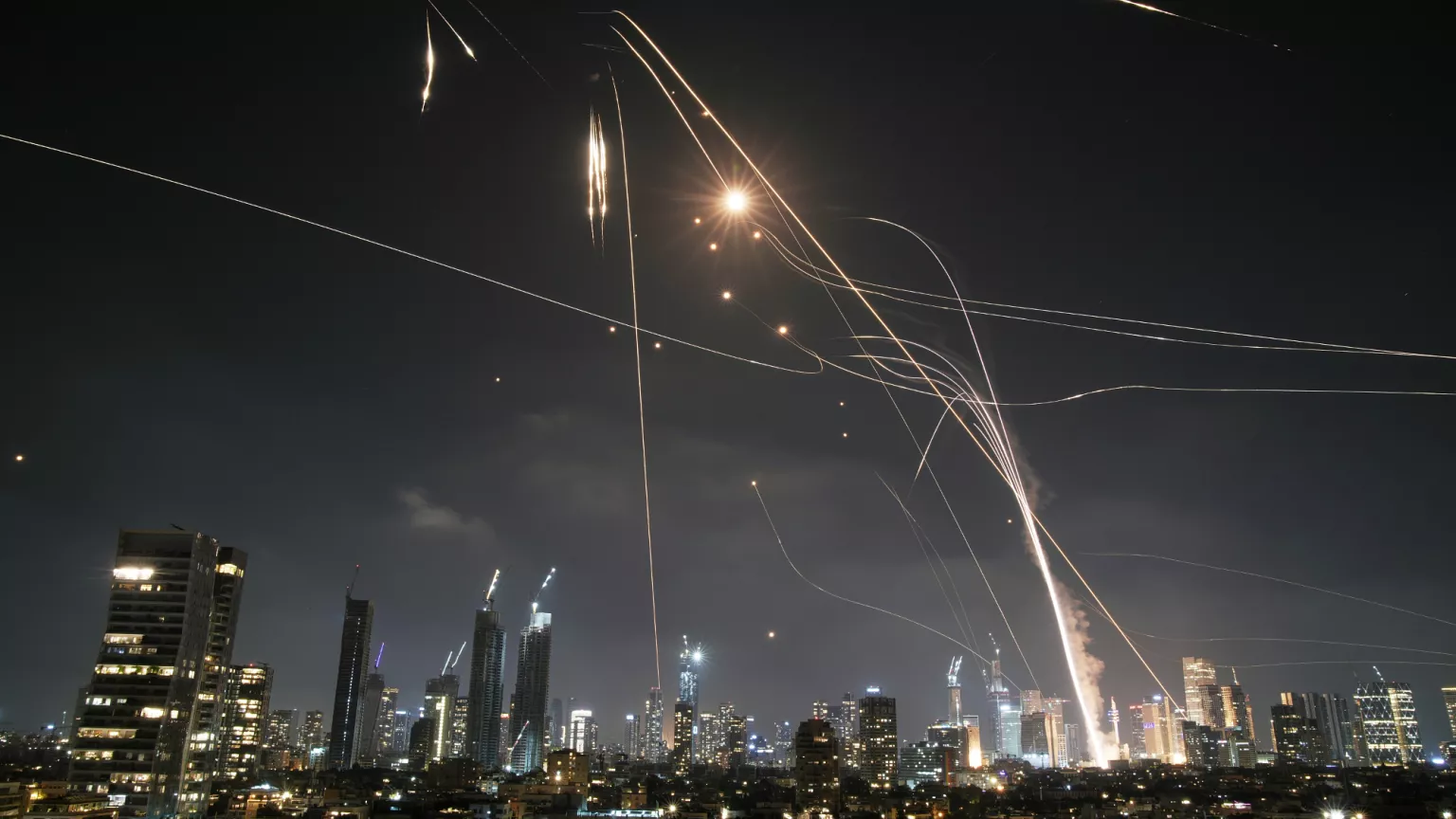
India’s Dilemma: Strategic Neutrality in a Region on Fire
In this spiralling inferno, India’s position is far from enviable.
New Delhi’s strategic calculus in the Middle East has always been nuanced, carefully threading the needle between Iran, Israel, and the Arab Gulf states. The current crisis tests that balancing act like never before.
India’s abstention from the recent UNGA vote on Gaza underscores a deliberate neutrality. But make no mistake—this is not indecision. It is a survival strategy, crafted to protect India’s vast interests across the region.
-
Iran: India has long invested in Iran’s Chabahar Port, a key asset in bypassing Pakistan and connecting to Central Asia via the International North-South Transport Corridor. A stable Iran would revive oil trade and expand connectivity.
-
Israel: Strategic partnerships with Israel—through forums like I2U2 and IMEC—have intensified. The Adani Group’s acquisition of Haifa Port signals deep confidence in Israel’s role as a regional logistics hub. Defence cooperation has soared, helping India diversify away from Russian dependency and boost domestic manufacturing.
-
Gulf States: India’s economic, energy, and diaspora ties with the UAE, Saudi Arabia, and Qatar are unmatched. A full-blown Iran-Israel war threatens this fragile equilibrium. Already, Indian shipping has been rerouted away from the Red Sea’s Bab-el-Mandeb Strait, a hotspot targeted by Iran-backed Houthi rebels, adding time and cost to trade routes.
Anything that weakens Iran’s proxies, including the Houthis, works to India’s advantage. But overt alignment with Israel could antagonise Iran and the Gulf simultaneously. Hence, India walks the tightrope—cautious, calculative, and conscious of its growing global ambitions.
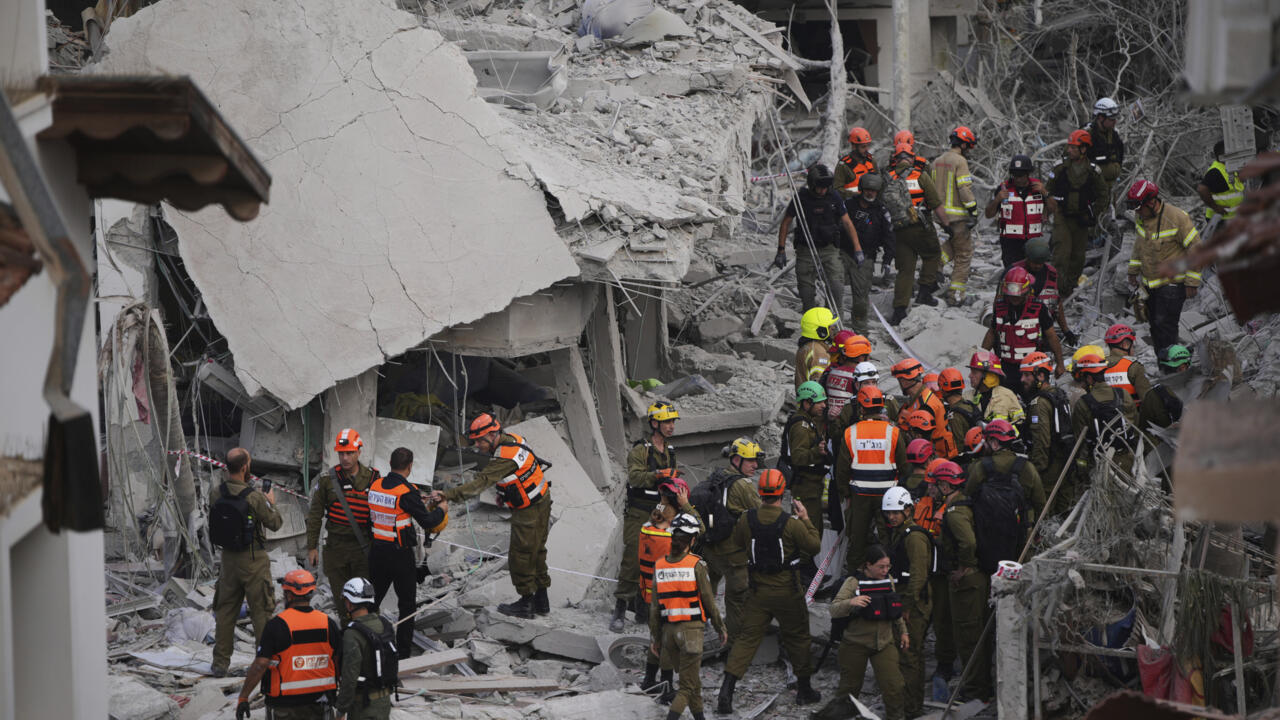
How the War Impacts India
The implications of this conflict for India are manifold:
-
Energy Security: A wider war in the Middle East could disrupt oil supplies and raise prices—directly affecting India, which imports over 80% of its crude.
-
Trade Routes: The Red Sea crisis has already pushed Indian cargo ships to detour around Africa, affecting timeliness and logistics costs.
-
Diaspora Safety: With millions of Indian workers across the Gulf, escalation puts their safety at risk—compelling India to plan contingency evacuations and diplomacy.
-
Geopolitical Standing: As a rising power, India must manage its image—not just as a neutral observer but a responsible stakeholder. A misstep could isolate allies or trigger internal backlash.
A Shrinking Russian Footprint
Another subplot in this evolving crisis is Russia’s waning influence. With Bashar al-Assad’s regime weakened in Syria, Hezbollah diminished, and Iran battered, Moscow’s strategic hold in the Middle East is slipping. As Russia retreats and America remains distracted, new alignments are emerging, with India poised to fill vacuums—if it plays its cards right.
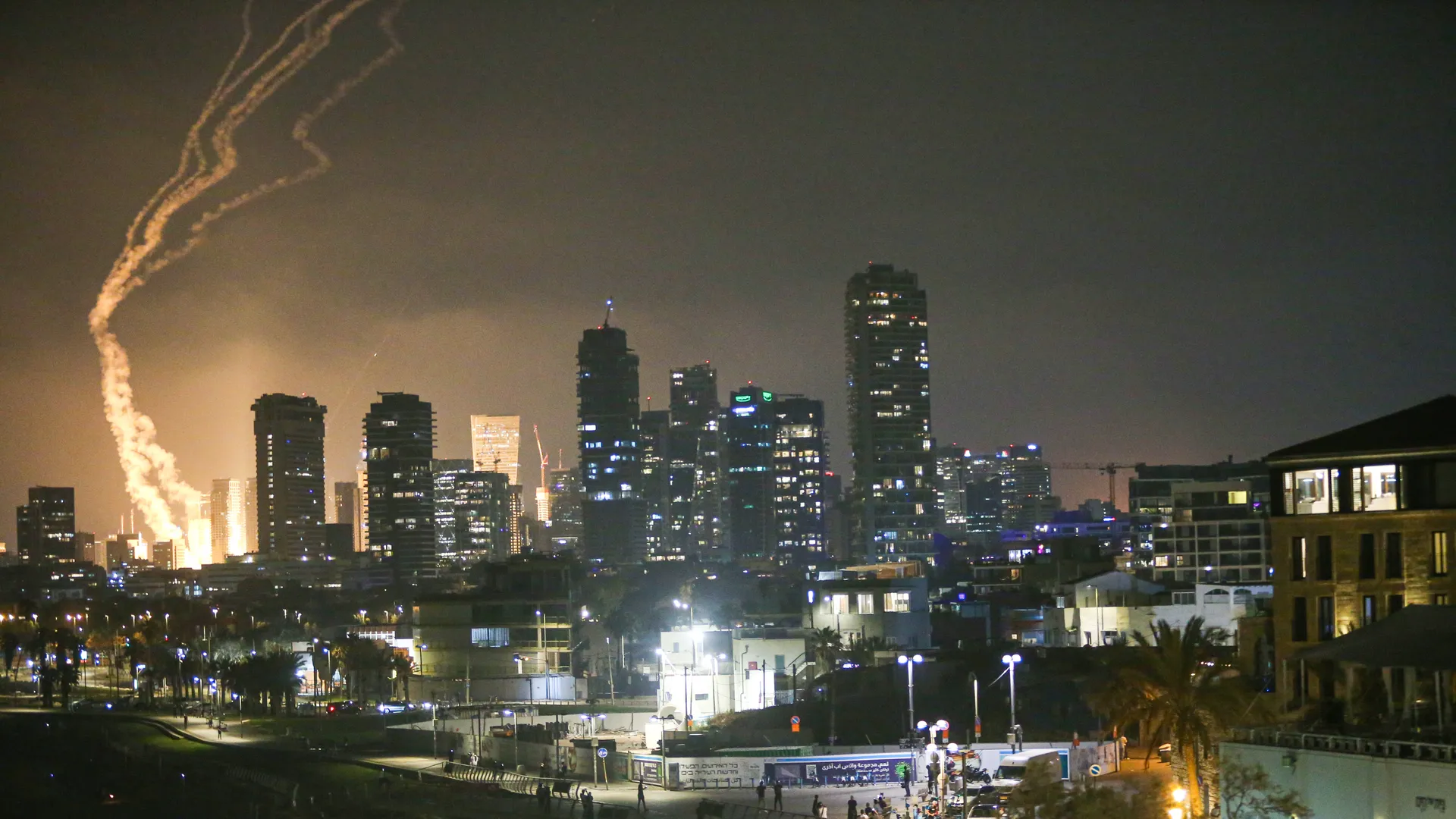
The Deal or the Direction?
As Operation Rising Lion blazes forward and the Middle East descends deeper into chaos, one question rises above all: What is the path forward?
Donald Trump continues to tout his credentials as a master negotiator. But the world has changed. The stakes have changed. And the region has no more room for theatrical flourishes or transactional diplomacy.
India, meanwhile, must leverage this moment not to take sides, but to shape outcomes through strategic restraint, assertive diplomacy, and investments in long-term peace-building mechanisms.
Leadership in a Leaderless Age
The Iran-Israel conflict is no longer a regional skirmish. It is a litmus test for global diplomacy, for India’s foreign policy maturity, and for Donald Trump’s enduring impact on world affairs.
Real leadership isn’t about cutting flashy deals or launching pre-emptive strikes. It lies in vision, foresight, and courage. As the world gropes for direction amid the smokescreen of war, it is clear: the age of vanity must end, and the era of responsibility must begin.
India’s moment isn’t in choosing a side, but in showing what it means to lead without lighting a match.
Views expressed in the above piece are personal and solely those of the author. They do not necessarily reflect Vygr’s views.
With inputs from agencies
Image Source: Multiple agencies
© Copyright 2025. All Rights Reserved Powered by Vygr Media.

